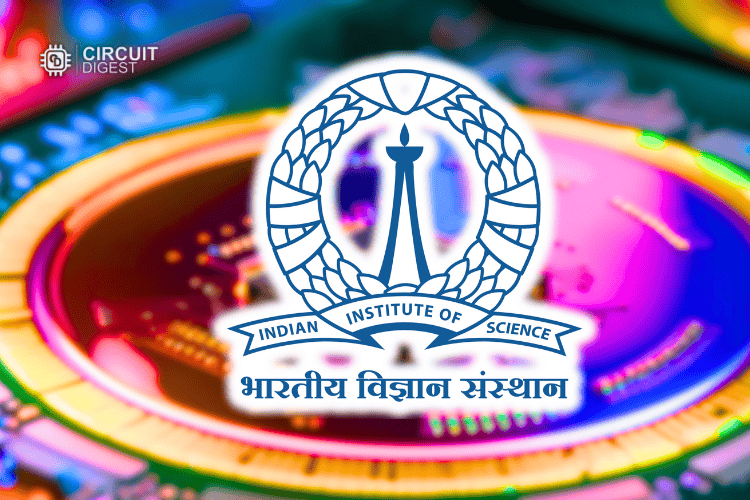
A team of 30 scientists from the Indian Institute of Science (IISc) has submitted a proposal to the Ministry of Electronics and Information Technology to develop angstrom-scale semiconductor chips. These chips are made using 2D materials which could be nearly one-tenth the size of today’s smallest chips. The team has requested Rs 500 crore in funding over five years to work on this advanced semiconductor project, which aims to reduce India’s dependence on traditional silicon-based technologies.
The current smallest chip in global production is the 3-nanometer node, manufactured by companies such as Samsung and MediaTek. In comparison, angstrom-scale chips are expected to be much smaller with significantly higher transistor density. This advancement could bring improvements in several fields including artificial intelligence, quantum computing and automation by enabling faster and more efficient data processing. A human hair is about 100000nm or 0.1cm thick, showing how small these proposed chips are in scale.
Semiconductor manufacturing is currently dominated by countries like the US, Japan, South Korea and Taiwan. India relies heavily on foreign suppliers for its chip needs, which is considered a sensitive area for both the economy and national security. Compared to the ₹91,000 crore plant by Tata Electronics and Taiwan’s PSMC, the IISc’s 500INR crore proposal offers a cost-effective strategy to advance India’s chip technology. The proposal also outlines a plan to make the project self-sustainable after the initial funding phase.

